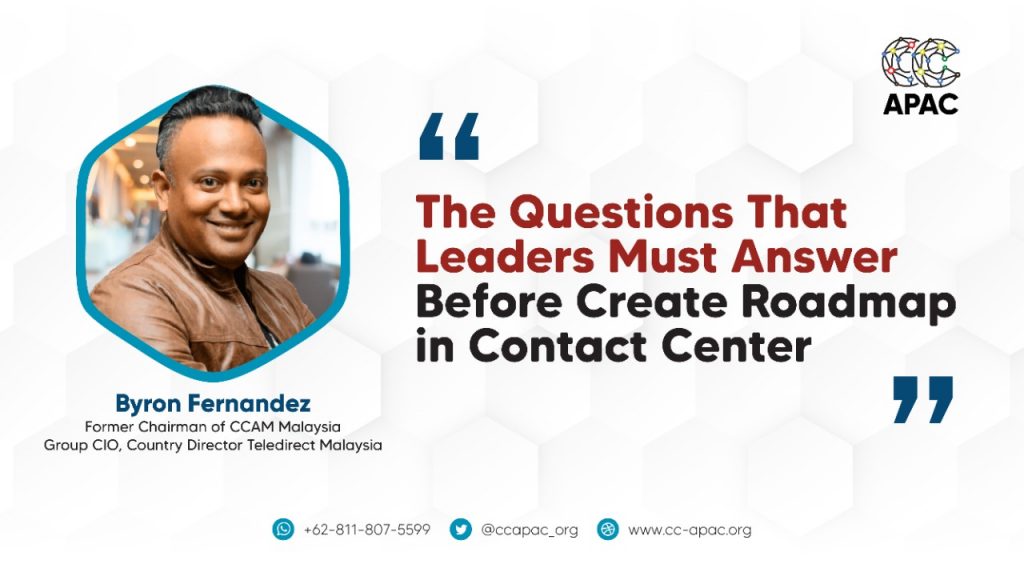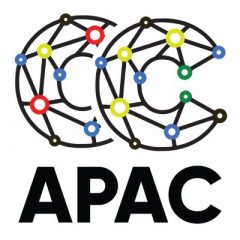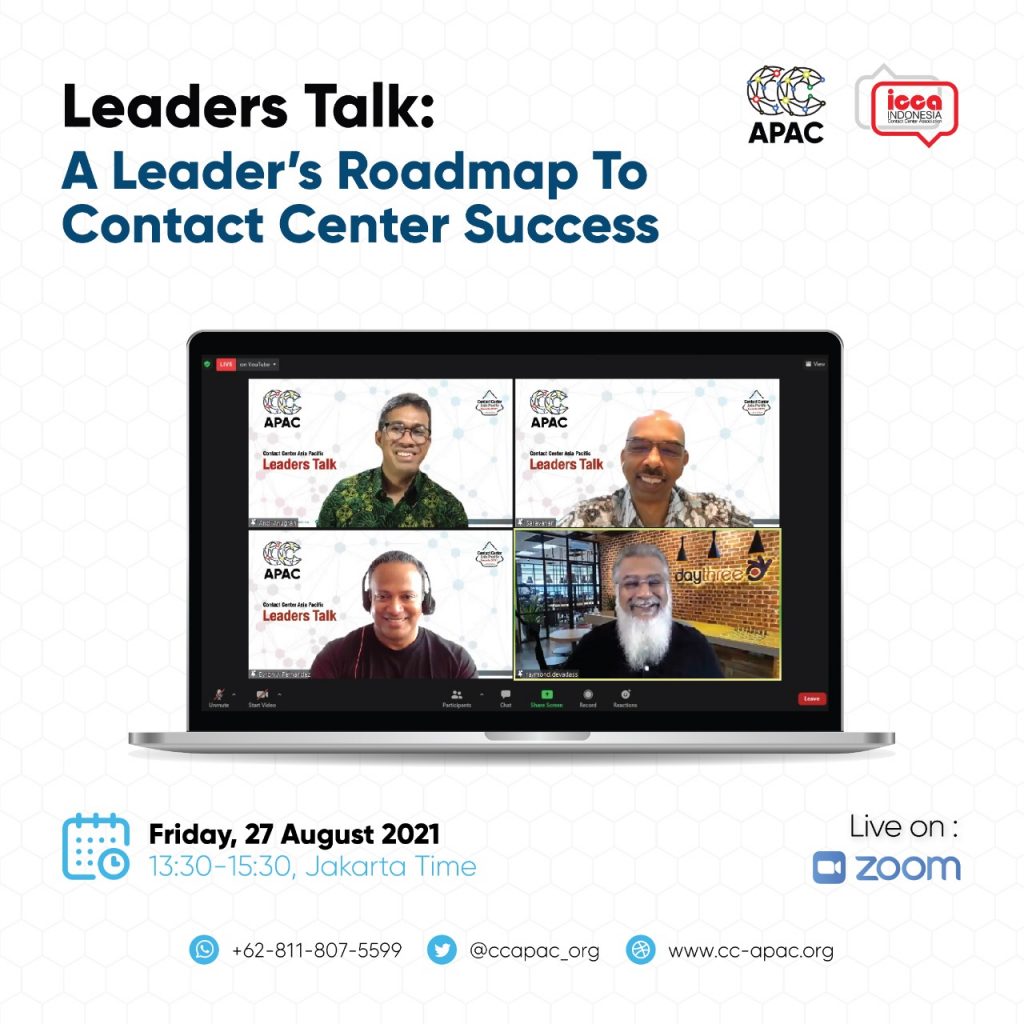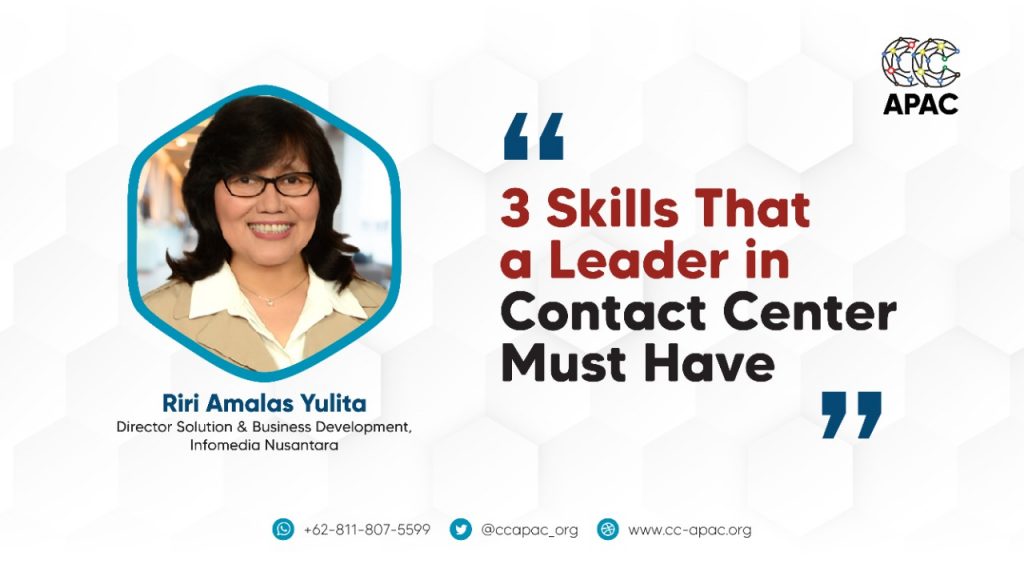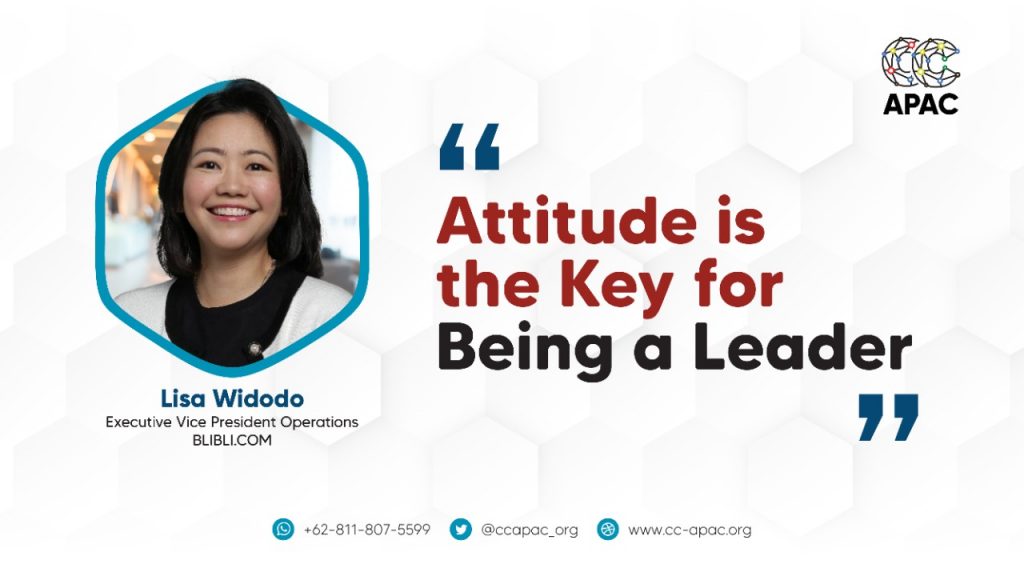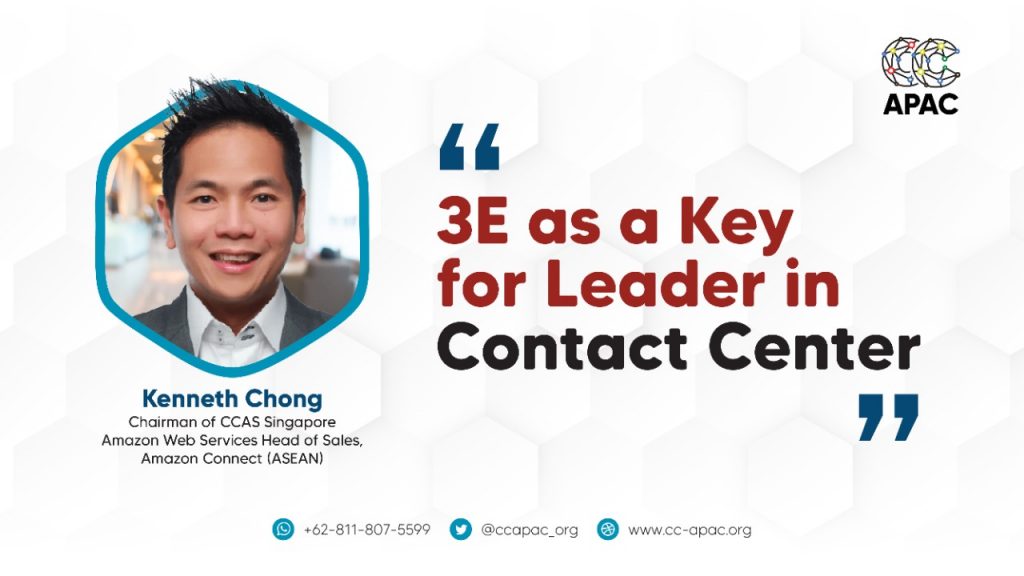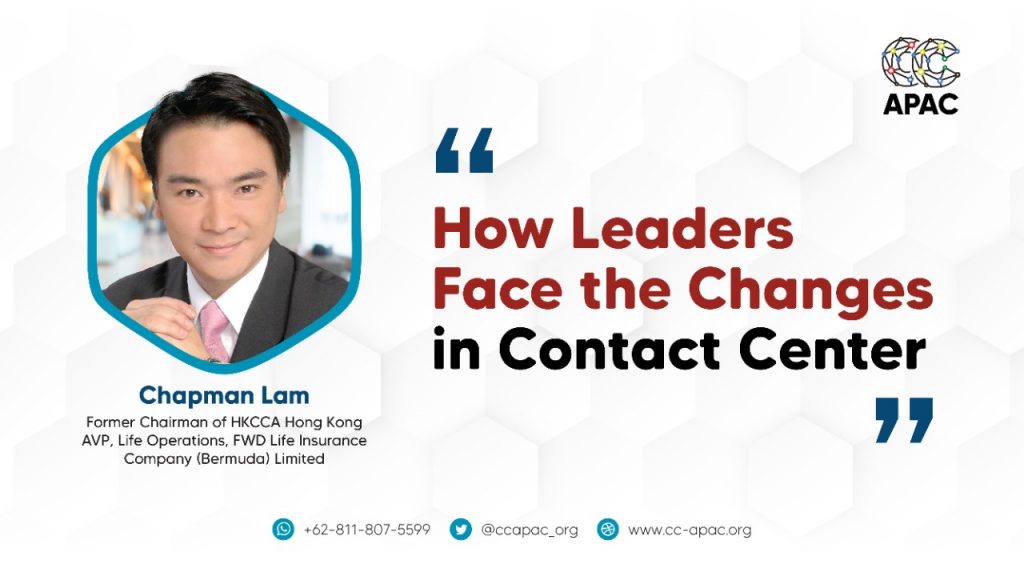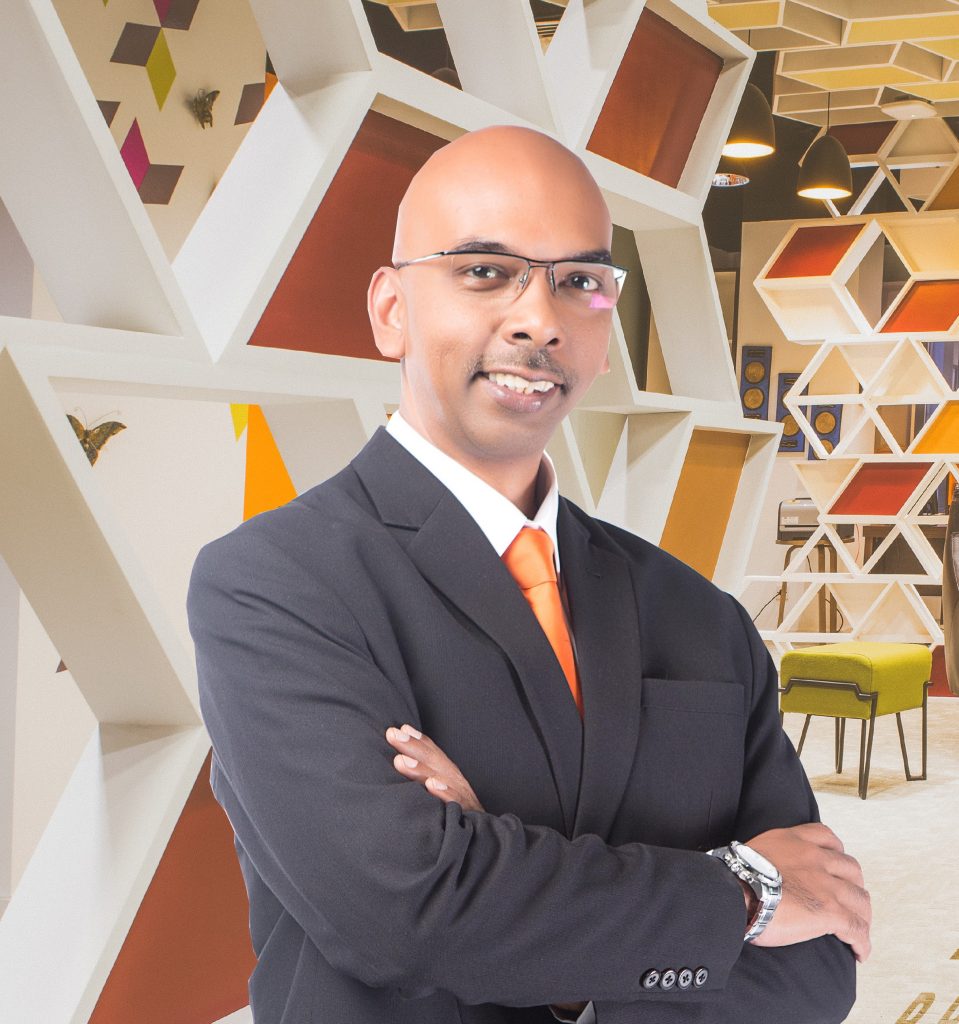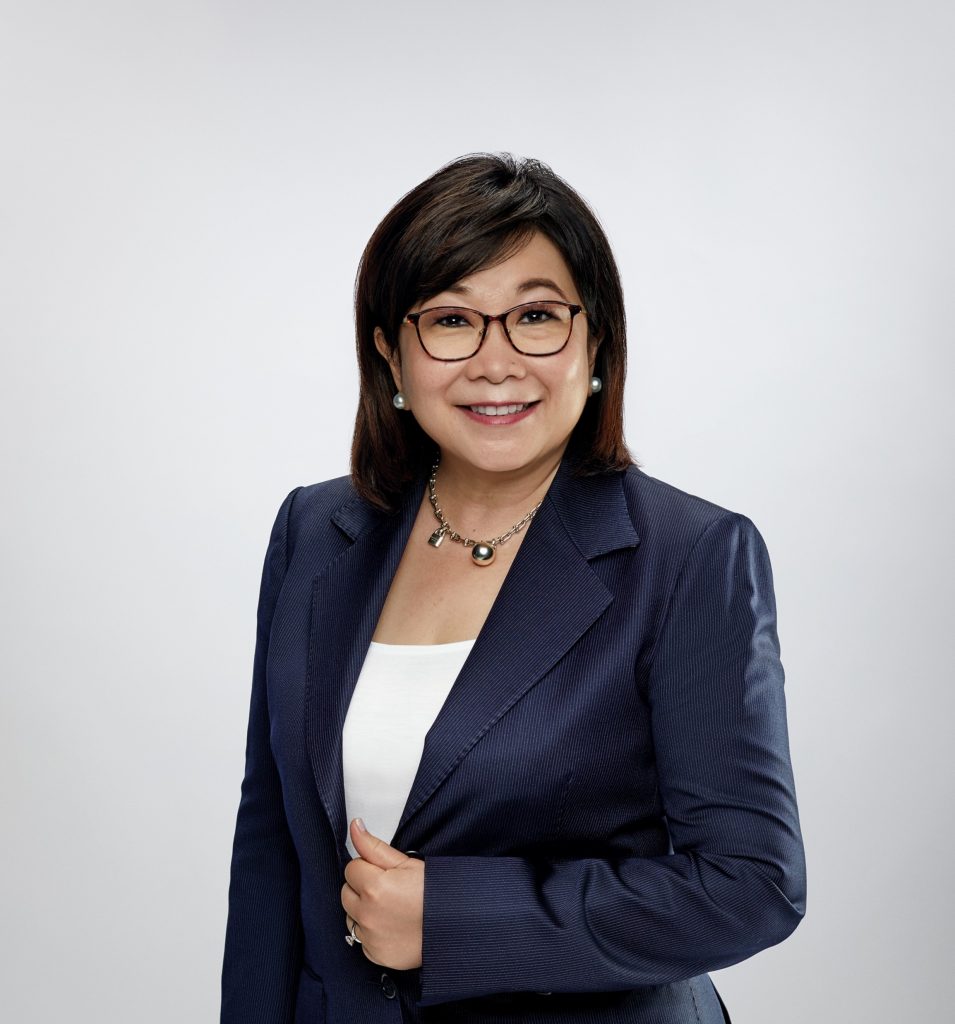August 27, 2021 – The third Leaders Talk organized by Contact Center Associations of Asia Pacific (CC-APAC) discussed “A Leader’s Roadmap to Contact Center Success” by inviting three professional speakers in the Asia Pacific contact center.
This discussion was presented by Andi Anugrah, as Chairman of ICCA Indonesia. First panellist is Byron J. Fernandez, Former Chairman of CCAM Malaysia Group CIO, Country Director Teledirect Malaysia. The second is Raymond Devadass, Chairman of CCAM Malaysia, Founder & CEO Day Three. Then the last one is Ts. Saravanan Belusami, CEO VADS Indonesia.
The first discussion is related to the leader’s roadmap in the contact center, especially during the pandemic. Byron said that in the beginning, especially people from the BPO industry disagreed and said, “No” if do work from home. At first, they were worried about how can we know they were working or not, how the data was secure, and other issues. But when the pandemic hit, they had no choice. In Malaysia, because the technology is sufficient, they finally decided to transition more than 95% of organizations to work from home.
But in reality, Byron said that working from home is going well because the people in the contact center have good competence, are responsible, and care about others. Therefore, in this situation he is 100% more focused on taking care of everyone who works for his company, making sure they are successful, and that they continue to do well in their home environment that they adapt to this change.
Raymond also explained these changes. He explained that today’s gameplay is play for a change. In the contact center industry, change is nothing new. They accept and experience many changes, just like the internet. We’re turning mobile because all millennials are now using their phones to reach out on social media and other things like that. Then the contact center industry has also gone through and followed this change very quickly and rapidly.
He also agrees with Byron that it is a dynamic process that moves very quickly and adapts. And he thinks the organization has a good roadmap to say, “Okay, we will embrace machine learning for two years or AI for three years.”
Raymond thinks as leaders that are the most important thing to keep abreast of what’s going on with the different technologies. How does it apply to your business? Not just to take a new technology and just imitate it. They should see that implement technology works for the contact center and make a better customer experience.
Saravanan also agrees with Byron and Raymond that the contact center faces many transformations. It strengthens us to be more agile in accepting change. If we talk about working from home, there is always the question of whether this is possible or not. Then the pandemic happened and made us agree that this is possible, and we can’t deny it anymore.
To face this change, he is talking from the perspective of a leader. He always looks from two angles, such as internal factors and external factors. The internal factor here, he sees how the role of the leader manages the organization from a perspective that requires their involvement as a leader, not only looking at your well-being.
Then external factors, such as from clients. In the BPO industry, they are very important. We have to be able to merge them in a situation like this. Also, how you can convince them and make your company a trusted BPO for them.
The next discussion is talking about technology in the contact center. Byron said that technology is not important in the past. But in this current situation, technology is important and very useful. Some of the advanced tools we use can monitor the screen of a particular agent. In addition, there are also very interesting technologies, such as using facial recognition. With this technology, we can see people’s facial features, whether they are smiling, whether they are happy or not based on what they are doing. Also, the company can make it possible for agents to work from home in the long term and with good results.
What about training? Byron also explained that we are in a pandemic and cannot hold training. Therefore, they take advantage of the learning platform with concepts that are important for developing their people and then launch this course using the electronic platform. With this technology, he thinks in the coming months, all this thing will be done to support human development and the ability to work in the current situation.
Then, another perspective from leaders about technology. Raymond said that leaders must adapt and build the culture of digital internally. It means, if you want to create a great digital experience for your customers, you have to start with the employees. Therefore, everything you do internally needs to be more efficient through digital processes.
He also shared that people in the contact center are very energetic and thrive the social interaction. Raymond said that it is different today that we are restricted to do physical interactions, it is the challenge. Now, we have a hybrid model. Some of the agents work from home, some from the office.
Saravanan has a different perspective to other speakers. He said that the only important element that we cannot deny in dealing with this particular situation is communication. When referring to what’s going on in technology that Raymond said before, technology can easily be bought and incorporated into organizational structures. But what matters now is communication, how we can translate something using the right delivery for our people during work from home.
Therefore, this is where the role of a leader is so important to bring them to have a substantial understanding and make it happen, not only from the internal stakeholder perspective but also from they are external.
At the end of the discussion, all panelists give their final opinion and tips about the roadmap for leaders to succeed in the contact center. Want to know more about their opinion? For details, stay tuned for another article on the CC-APAC website. (ANF)
Like this:
Like Loading...
